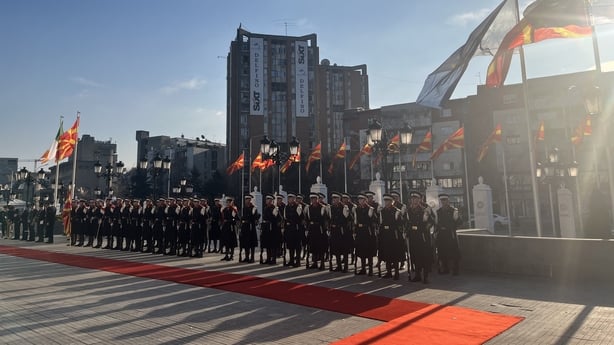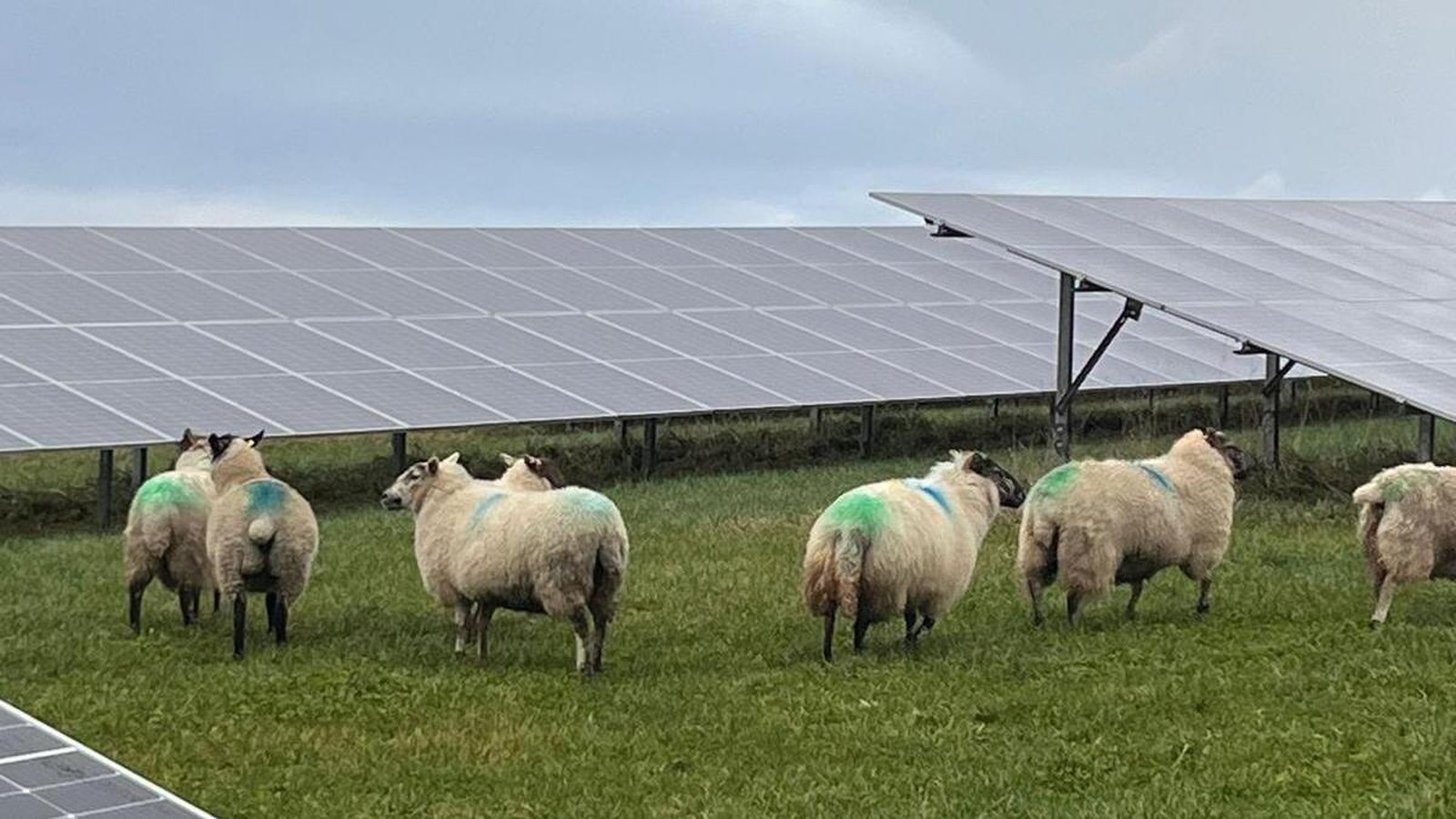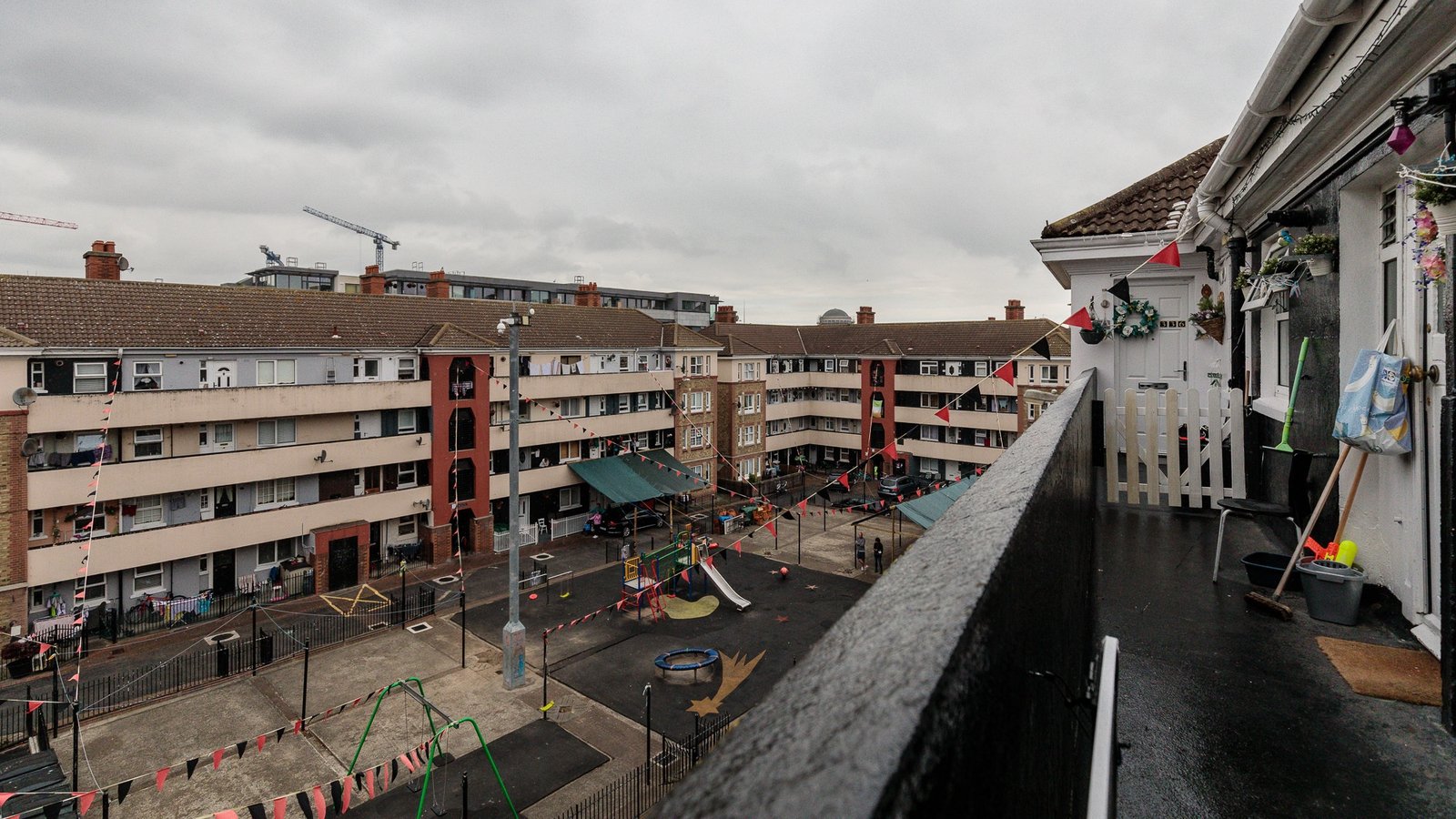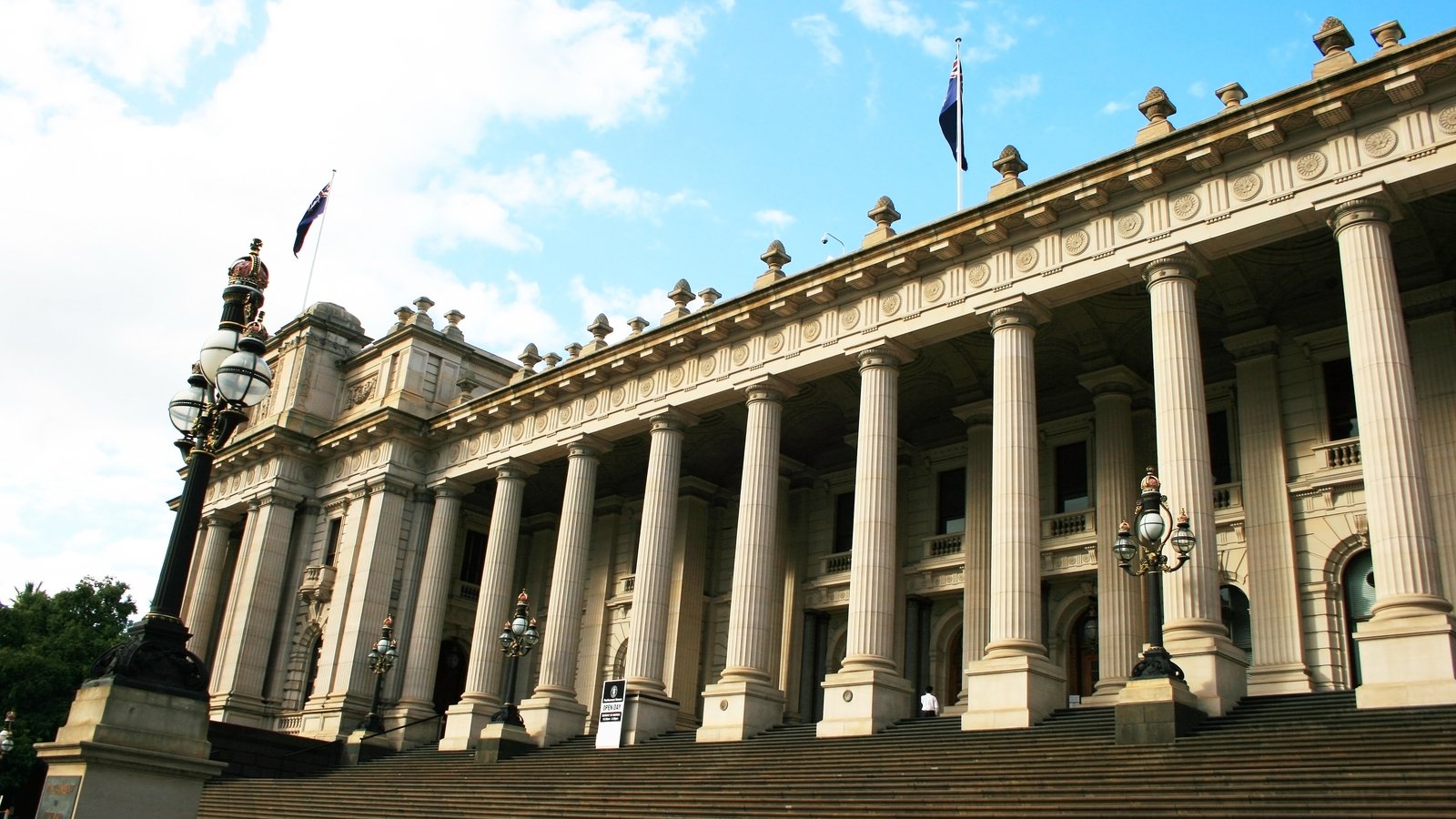Taoiseach says EU should admit new members this decade

Taoiseach Leo Varadkar met with the leaders of North Macedonia in the country’s capital Skopje this afternoon, concluding a two-day tour of three Western Balkans countries.
The Taoiseach’s discussions over the past two days with the leaders of Kosovo, Montenegro and North Macedonia have focused on their applications to join the European Union, and peace and security in the region.
In Skopje, Mr Varadkar met with the country’s Prime Minister Dimitar Kovacevski and President Stevo Pendarovski.
“The fact that no country has joined the EU for more than 10 years is causing some people to lose faith, and I think that’s why it is important that we allow some of these countries to join over the period of, certainly, this decade,” the Taoiseach told RTÉ News.
“We can’t always be saying to countries, that if you want to join the European Union, you have to do this, this and this, and then not allow them to join,” he said.
Six Western Balkans countries, also including Serbia, Albania and Bosnia and Herzegovina have applied to join the EU at various stages over the past two decades.
Economic investment in the region, he said, is important too and should proceed full membership of the single market.

North Macedonia first applied to join the EU in 2004, becoming a candidate country the following year.
But its road to starting formal accession talks have long been delayed due to a long-running, but now resolved dispute with Greece over the very use of the name Macedonia.
Another dispute with neighbouring Bulgaria, over the rights of the Bulgarian minority in the country has also delayed Skopje’s progress.
The European Commission’s 2023 working paper on North Macedonia’s reform progress found that “corruption remains prevalent in many areas and is an issue of concern”.
Mr Kovacevski said that North Macedonia could learn from Ireland’s economic and social progress as a member of the EU over the past 50 years.
Both leaders discussed North Macedonia’s progress in meeting reforms to start formal talks on membership and the potential to increase economic trade between both countries, which is currently limited to €20m annually.
Yesterday, Mr Varadkar held talks in the Kosovan capital Pristina with the country’s prime minister Albin Kurti and President Vjosa Osmani to discuss their country’s application to join the EU.
“I certainly undertook, both to the prime minster and to the president that they have our support in joining the Council of Europe this year and gaining candidate status as soon as possible,” Mr Varadkar said.
Relations between Kosovo and fellow EU-applicant Serbia remain far from normal, which poses a problem for both countries’ applications to join the bloc.
Recent violent clashes between ethnic Serbs and Kosovan authorities in the north of the country, including the deaths of four people in September, have stalled an EU-supported dialogue process between Pristina and Belgrade.
Tension has been building since late 2022 when ethnic Serbs boycotted local Kosovan elections, and its representatives stopped participating in the parliament in Pristina.
“We don’t want to see a sub-state or a micro state created within Kosovo itself”, said Mr Varadkar during yesterday’s press conference with Mr Kurti.
“We would like to see the association of Serb municipalities established.”
During his visit to Pristina, the Taoiseach also met with 13 members of the Irish Defence Forces serving at KFOR headquarters in Pristina.
In total, more than 4,800 peacekeepers are stationed with the KFOR mission, which has maintained a presence in the country since the war with Serbia in 1999.
The Taoiseach also met members of An Garda Síochána currently deployed to EULEX, the EU’s rule-of-law mission in Kosovo.
Mr Varadkar also held bilateral talks with the leaders of Montenegro in the capital Podgorica during the two-day visit.
Montenegro’s bid to join the EU is the most advanced of the six Western Balkans applicant countries, having opened 33 of the 35 required negotiation chapters.
The EU wants to ensure that the region remains stable.
In light of the war in Ukraine, and Serbia’s economic ties with Russia, there is a renewed awareness among observers that local disputes in the region cannot be allowed to intensify.





